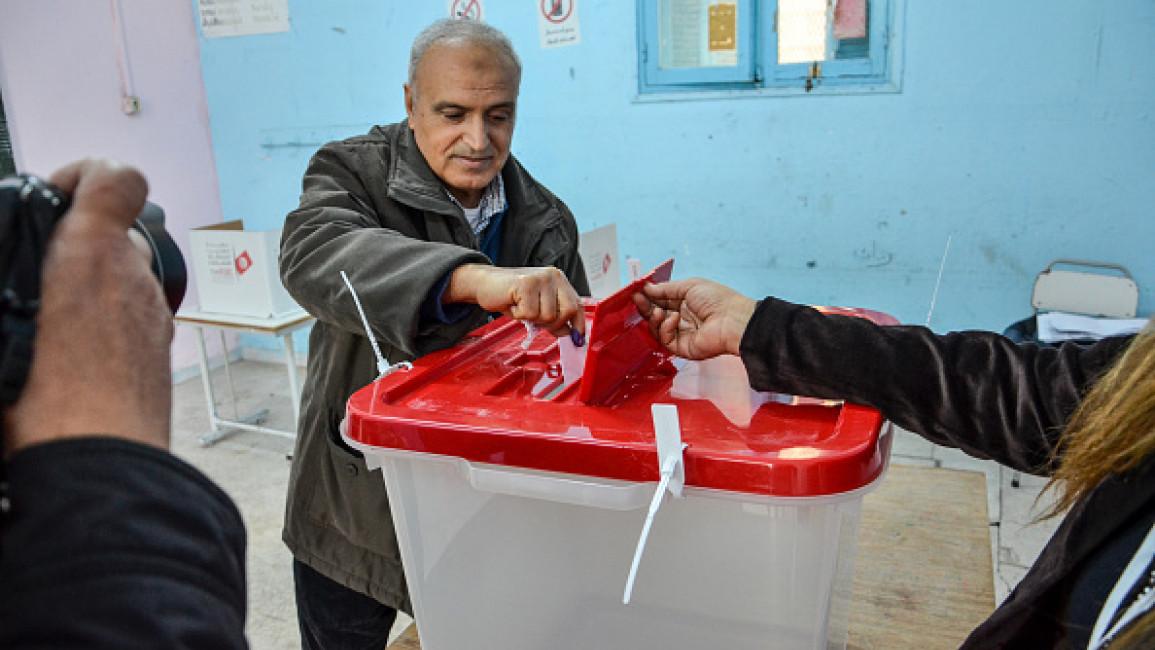Tunisian news outlet faces court for 'harming voters' dignity' after historically low vote turnout
Tunisia’s electoral commission is taking an investigative news outlet to court for "harming voters' dignity" over a video discussing political campaigning tactics.
The video by Al-Qatiba, which has received 16,000 views on Facebook, drew the ire of the electoral commission, which is under the spotlight after historically low turnout marked last week's parliamentary elections.
Voters largely boycotted the poll, which is seen as rubber-stamping President Kais Saied's power grab, effectively ending Tunisian democracy.
Several Tunisian journalists complained of difficulties and obstructions while covering the controversial election.
It is not clear how the commission plans to pursue the spurious charges against the independent online news platform that specialises in political investigations and long-form journalism.
The electoral commission did not immediately respond to The New Arab’s request for comment.
The state of press freedoms in Tunisia has become 'alarming', according to the National Syndicate of Tunisian Journalists (SNJT), having conceded precious ground gained since the 2011 revolution.
The union warned that this has been the case since sitting president Kais Saied’s 25 July "coup", which allowed him to gain "all the power" of government.
The Tunisian electoral commission has also been criticised for lacking independence from the presidency, ever since Saied pushed through structural changes to how elections are run early in 2022.
Saied issued a decree in April this year granting him the right to appoint the commission's president and members of the new electoral commission.
The president then immediately replaced seven members of the Independent High Authority for Elections that organises and supervises elections and referendums.
According to the new decree, the new members of the commission now serve four-year, non-renewable terms. They will be immune from prosecution while they serve.



